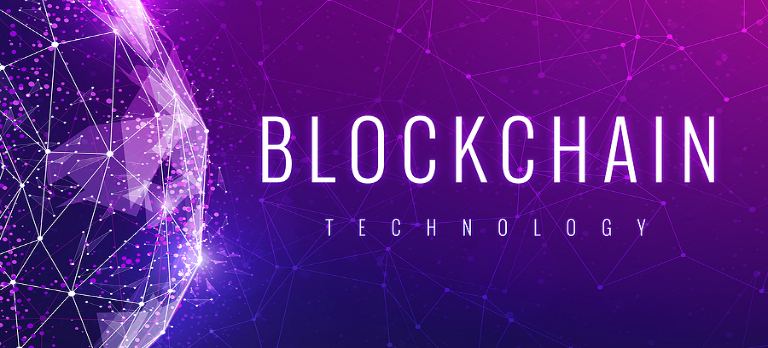As government agencies work to modernize operations, ensure compliance, and build public trust, blockchain technology is proving to be a powerful enabler. The latest GovWhitePapers Blockchain Trend Report explores how federal, state, and local agencies are leveraging blockchain to improve transparency, reduce costs, enhance security, and streamline interagency collaboration.
Why Blockchain Matters for the Public Sector
Originally known as the foundation for cryptocurrencies like Bitcoin, blockchain has evolved far beyond digital currencies. At its core, blockchain is a decentralized, tamper-resistant digital ledger. It enables real-time verification of transactions without the need for third-party oversight—making it particularly valuable for government agencies tasked with managing sensitive data and complex workflows.
According to Gurvais Grigg, Public-Sector CTO at Chainalysis, blockchain can directly support government priorities by providing:
- Transparency: Every transaction is recorded on a public ledger, improving visibility and accountability.
- Efficiency: Automating manual processes through smart contracts reduces bottlenecks and administrative costs.
- Security: Advanced cryptographic techniques ensure data integrity and prevent unauthorized changes.
- Compliance: Immutable records make it easier to track assets, confirm eligibility, and maintain audit readiness.
Real-World Use Cases Driving Results
The report outlines how agencies are putting blockchain into practice today:
- Smart Contracts for Tax and Benefits: Automated smart contracts can calculate deductions, distribute payments, and eliminate the need for manual oversight—saving time and reducing human error.
- Veterans Affairs Modernization: A proposed bill asks the VA to study blockchain’s potential for improving benefits management, securing personal data, and streamlining claims.
- Digital Identity and Document Verification: Blockchain could help verify identities more securely, reduce fraud, and enable faster document authentication, as explored in Riverside County’s plan to hash digital certificates for long-term validation.
Strengthening Cybersecurity and Fraud Prevention
In a time when identity theft and cyber threats are on the rise, blockchain’s immutable nature offers a clear advantage. Each record is permanently stored and chronologically linked, making fraud and data tampering significantly more difficult. Agencies can also apply zero-knowledge proofs to verify information without revealing sensitive data, ensuring privacy while maintaining transparency.
The Road Ahead
As the report concludes, blockchain is poised to play a vital role in building more secure, efficient, and accountable government systems. From fraud prevention to digital identity management and interagency collaboration, its potential is vast.
Ready to explore how blockchain can transform your agency’s operations? Download the full Blockchain Trend Report from GovWhitePapers to dive deeper into use cases, expert insights, and what’s next for government innovation.










